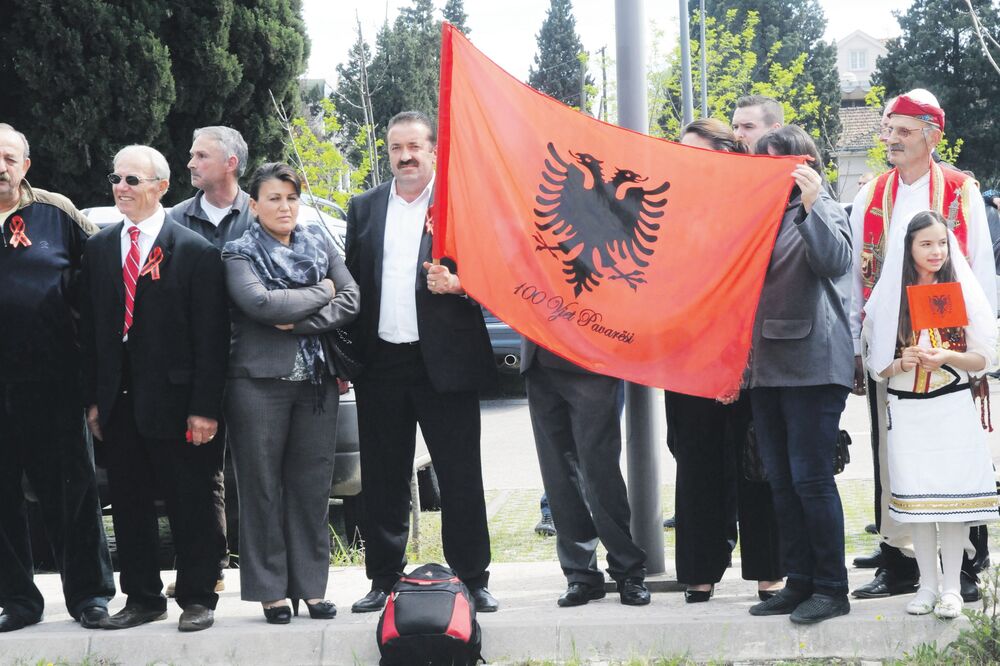Nine years after the declaration of independence, about 75 percent of Albanians are not satisfied with their position in Montenegro, claims Dr. Sabina Osmanović, a professor at the University of Tirana.
The research "Analysis of pre-referendum expectations of Albanians in Montenegro compared to the current situation", which Osmanović did last year, showed that Albanians believe that there has been no improvement in their position.
The question is whether the expectations were too high or whether the executive did not show the will to fulfill what it promised
"About 73 percent of respondents think that the period of nine years was more than enough to fulfill the demands of the Albanians, and their disappointment can be read from the answers. "The question is whether the expectations were very high or whether the executive power did not show the will to fulfill what it promised," Osmanović points out.
As part of the research, which will be published by the publishing house "Palgrave" from the USA and which was presented at the international conference on Albanians at Oakland University, a survey of 352 respondents from all areas in Montenegro inhabited by Albanians was conducted. Respondents answered questionnaires related to promises made before the referendum and assessed how well they were fulfilled in 2014.
Osmanović points out that the survey showed that 82 percent of respondents are not satisfied with the way the state solves economic, national and local self-government issues in areas where Albanians are the majority.
"They failed to take the place they deserve in the house they helped build. A marginal number of Albanians are still employed in the state administration, investments are stagnating in the areas they inhabit, restitution of property has not yet been completed, and the municipality of Tuzi remains just another promise. We can also talk about the tendency of further centralization of power, and an example is the Government's announcement of the development of an urban-spatial plan for the municipality of Ulcinj and the adoption of maritime property plans," says Osmanović.
The professor at the Universities of Shkodra and Tirana states that the research confirmed that Albanians supported the project of Montenegrin independence because it gave them hope that they would be involved in political and social life. Nine years later, as he points out, Albanians are facing a worsening economic situation, a new wave of migration and a feeling of neglect.
"The results of the research indicate that there is little left of the enthusiasm from 2006. Although the voice of the Albanians was decisive in the referendum, today their defactoring has occurred. Before the referendum, they were a party to the negotiations and their demands were discussed at different levels. There were up to four representatives of Albanian parties in the parliament, today there are only two", says Osmanović.
Albanian politicians and parties are blamed by compatriots for the bad situation
Osmanović believes that instead of improving the position of Albanians, the state took a step back.
The research showed that, as he states, the Albanian parties also have part of the responsibility.
"Today, Albanians in Montenegro still do not enjoy social, economic and national equality with Montenegrin citizens, and Article 1 of the Constitution clearly defines that "Montenegro is a civil, democratic, ecological and social justice state, based on the rule of law".
The concept of citizen equality was not implemented at all in accordance with the Constitution and the laws that contain the required standards as a candidate country for integration into the European Union," she states.
Bonus video:





